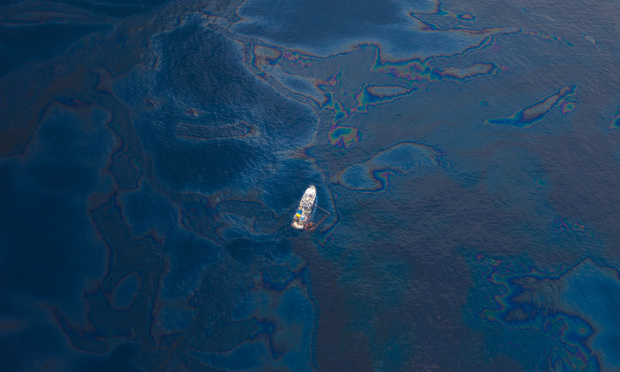Key decisions in the 2010 Gulf of Mexico oil spill litigation have highlighted the evolving legal landscape in assessing liability and financial responsibility in a major accident. Now, the energy industry must be aware of how courts interpret such agreements and watch for pitfalls in drafting new contracts.
Historically, deciding who is responsible through mechanisms such as releases, indemnity obligations and insurance, provided certainty. But litigants in the oil spill case challenged the enforceability of certain contractual provisions. This resulted in key decisions from the U.S. District Court for the Eastern District of Louisiana that prompted companies to revisit traditional approaches of allocating risk.
This content has been archived. It is available through our partners, LexisNexis® and Bloomberg Law.
To view this content, please continue to their sites.
Not a Lexis Subscriber?
Subscribe Now
Not a Bloomberg Law Subscriber?
Subscribe Now
LexisNexis® and Bloomberg Law are third party online distributors of the broad collection of current and archived versions of ALM's legal news publications. LexisNexis® and Bloomberg Law customers are able to access and use ALM's content, including content from the National Law Journal, The American Lawyer, Legaltech News, The New York Law Journal, and Corporate Counsel, as well as other sources of legal information.
For questions call 1-877-256-2472 or contact us at [email protected]



